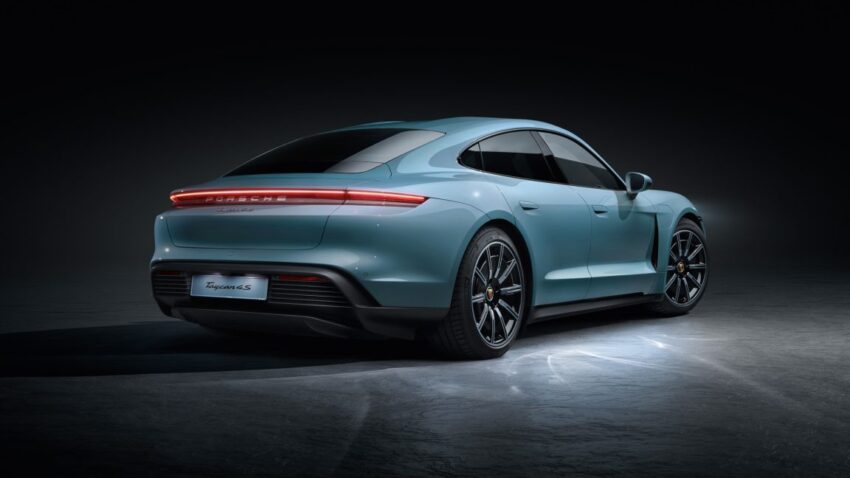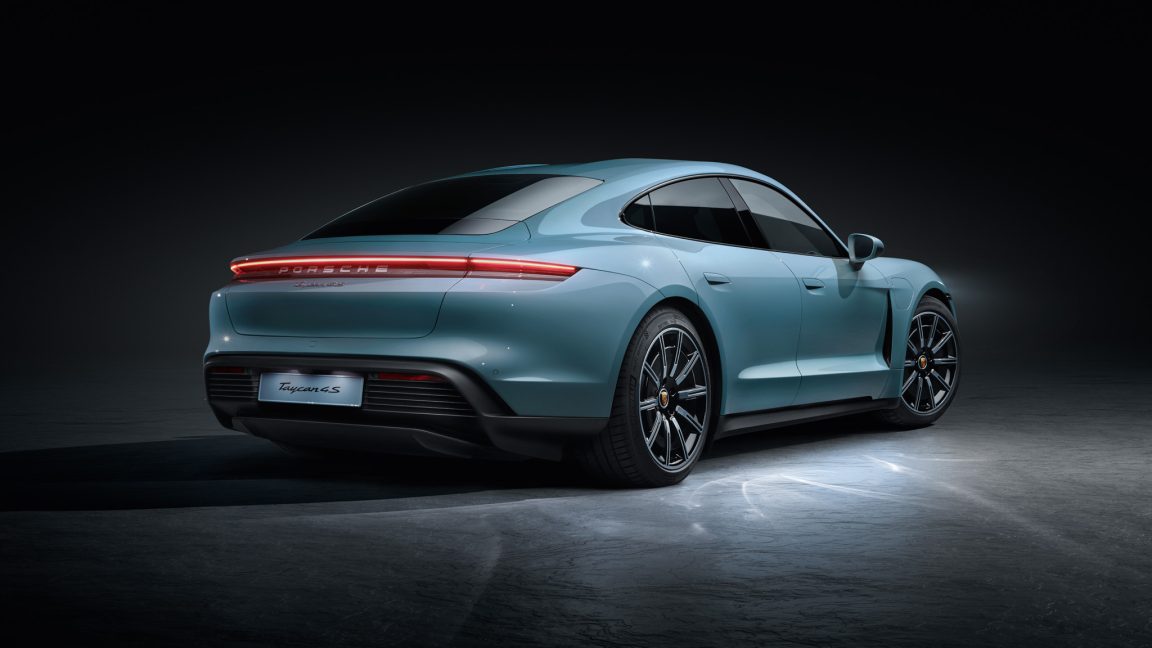
porsche does u-turn on electric vehicles will Porsche has announced a significant shift in its strategy, opting to prioritize gas-powered engines over electric vehicles under the leadership of its new CEO, Michael Leiters.
porsche does u-turn on electric vehicles will
Background on Porsche’s Electric Vehicle Strategy
In recent years, the automotive industry has witnessed a dramatic shift towards electric vehicles (EVs), driven by environmental concerns, regulatory pressures, and changing consumer preferences. Major manufacturers, including Porsche, have invested heavily in developing electric models to meet these demands. Porsche’s initial foray into the electric vehicle market began with the introduction of the Taycan, a luxury electric sedan that garnered positive reviews for its performance and design.
However, the transition to electric vehicles has not been without its challenges. High production costs, limited charging infrastructure, and concerns about battery longevity have raised questions about the viability of EVs in the luxury segment. As the market evolves, the balance between maintaining brand heritage and embracing new technologies has become increasingly complex.
Michael Leiters: A New Vision for Porsche
Michael Leiters, who will officially take the helm at Porsche in January, brings a wealth of experience from his previous role as CEO of McLaren. His skepticism regarding battery technology for luxury vehicles is well-documented. In an interview with the Financial Times late last year, Leiters expressed doubts about the readiness of electric vehicles to deliver the emotional thrill associated with traditional combustion engines. He noted that electric vehicles tend to depreciate faster than their gas-powered counterparts, a significant concern for luxury brands that rely on maintaining high resale values.
Leiters’ perspective reflects a broader sentiment within the automotive industry, particularly among manufacturers of high-performance vehicles. For brands like Porsche, the sound and feel of a powerful engine are integral to the driving experience. As such, the decision to pivot back towards gas engines may resonate with a core customer base that values these attributes.
Porsche’s Strategic Shift
The decision to temper electric ambitions and invest in petrol engine models comes at a critical juncture for Porsche. The company has faced increasing pressure to align with global trends favoring sustainability and reduced carbon emissions. However, the recent announcement indicates a willingness to reassess these priorities in light of market realities and consumer preferences.
Leiters’ leadership marks a potential turning point for Porsche as it seeks to navigate the complexities of the evolving automotive landscape. The company plans to allocate resources towards developing new petrol engine models, aiming to enhance their performance and appeal. This strategy may also involve refining existing models to ensure they remain competitive in a market that is increasingly leaning towards electrification.
Implications for the Automotive Industry
Porsche’s pivot back to gas engines raises several important questions about the future of electric vehicles in the luxury segment. As more manufacturers embrace electrification, Porsche’s decision could signal a potential backlash against the trend, particularly among brands that prioritize performance and driving experience.
Furthermore, this shift may influence other luxury automakers to reconsider their electric vehicle strategies. If Porsche, a brand synonymous with performance and engineering excellence, can successfully reestablish its focus on petrol engines, it may embolden other manufacturers to follow suit. This could lead to a more diversified market where both electric and gas-powered vehicles coexist, catering to a broader range of consumer preferences.
Stakeholder Reactions
The announcement has elicited a range of reactions from stakeholders within the automotive industry. Some analysts view Porsche’s decision as a pragmatic response to the challenges facing electric vehicles, particularly in the luxury segment. They argue that the company is wisely prioritizing its core strengths while remaining adaptable to changing market conditions.
On the other hand, environmental advocates and sustainability proponents may express concern over the potential implications of this shift. As the world grapples with climate change and the need for sustainable transportation solutions, a renewed focus on gas engines could be perceived as a step backward. Critics may argue that Porsche’s decision undermines broader efforts to reduce carbon emissions and promote cleaner technologies.
Consumer Perspectives
Consumer sentiment regarding electric vehicles is also evolving. While many luxury buyers are increasingly interested in sustainability, there remains a significant segment of the market that values the performance and driving experience associated with traditional combustion engines. For these consumers, the sound of a revving engine and the tactile feedback of a well-tuned vehicle are integral to their automotive experience.
Porsche’s decision to invest in petrol engines may resonate with this demographic, reinforcing the brand’s commitment to performance and heritage. However, it remains to be seen how this strategy will impact the company’s overall sales and market positioning in the coming years.
The Future of Porsche and Electric Vehicles
As Porsche navigates this strategic shift, the future of electric vehicles within the brand remains uncertain. While the company is scaling back its electric ambitions for the time being, it is likely that electric technology will continue to play a role in Porsche’s long-term strategy. The automotive landscape is rapidly evolving, and consumer preferences are shifting towards sustainability and efficiency.
In the coming years, Porsche may explore hybrid models that combine the best of both worlds—offering the performance of a gas engine alongside the efficiency of electric technology. This approach could allow the brand to maintain its performance heritage while also addressing the growing demand for sustainable transportation solutions.
Conclusion
Porsche’s decision to refocus on gas engines under the leadership of Michael Leiters marks a significant shift in the company’s strategy. As the automotive industry continues to evolve, this move raises important questions about the future of electric vehicles in the luxury segment. While the brand’s commitment to performance and driving experience remains paramount, the broader implications of this decision will unfold in the coming years as Porsche navigates the complexities of a changing market.
Source: Original report
Was this helpful?
Last Modified: October 23, 2025 at 10:39 pm
2 views















